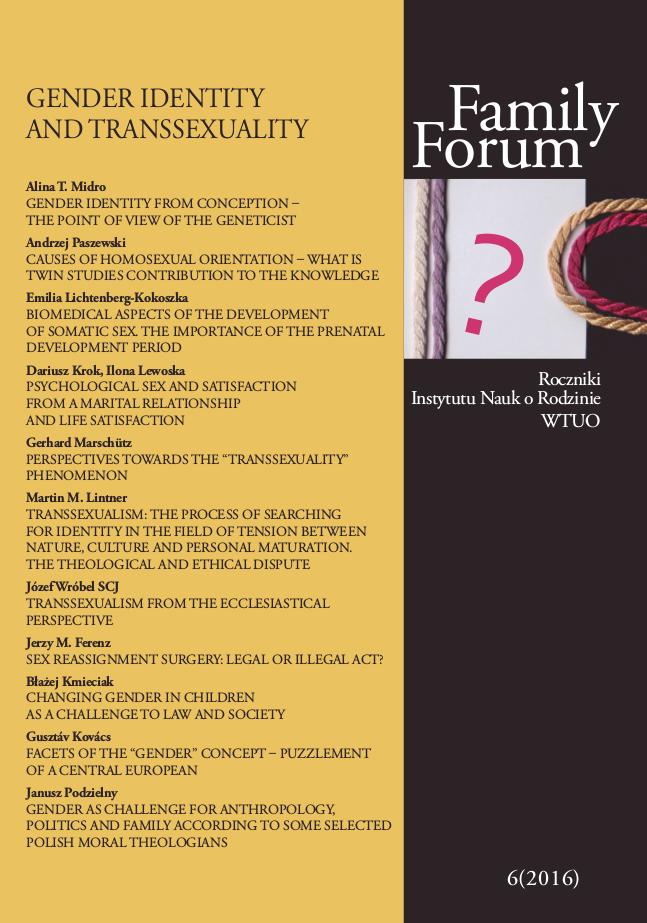Program pomocy BRIGE dla młodzieży z opieki zastępczej
The Brige program for youth from foster care
Author(s): Małgorzata Gocman, Małgorzata SzarzyńskaSubject(s): Christian Theology and Religion, Psychology, Sociology, Theology and Religion, Individual Psychology, Social psychology and group interaction, Personality Psychology, Family and social welfare
Published by: Uniwersytet Opolski
Keywords: youth leaving foster care; mental disorder symptoms; the BRIGE program;
Summary/Abstract: Persons brought up outside their own family, in foster care, are particularly vulnerable to experiencing life difficulties and the risk of social exclusion. Research on youth leaving foster care conducted in Europe and the United States shows that they experience many problems in different areas of functioning. These problems include: mental disorder symptoms, antisocial behavior, risky sexual behavior, psychoactive substance abuse and victimization. Due to the difficult situation of youth from foster care, a team of researchers from the Opole University adjusted to Polish conditions American program for young people leaving foster care. The program is called Bridging Resilience through Intervention, Guidance, and Empowerment (BRIGE). The purpose of the article is to present the BRIGE program and to evaluate it in terms of mental health. The study involved 12 young people preparing to leave orphanages in the province of Opole and the Lower Silesia. The program was controlled using the survey “Aging out” specially designed for this purpose. Each participant was evaluated 4 times: at the beginning of the program (measurement I), after 6 months (measurement II), after 12 months (measurement III) and after 18 months (measurement IV). In the present study we were limited to analysis of the results of three measurements, because not all subjects completed their participation in the program. The results showed that adolescents participating in the BRIGE program decreased symptoms of mental disorders, such as depression and a sense of hostility. The results are discussed in relation to existing programs for youth from foster care.
Journal: Family Forum
- Issue Year: 2016
- Issue No: 6
- Page Range: 237-252
- Page Count: 16
- Language: Polish

